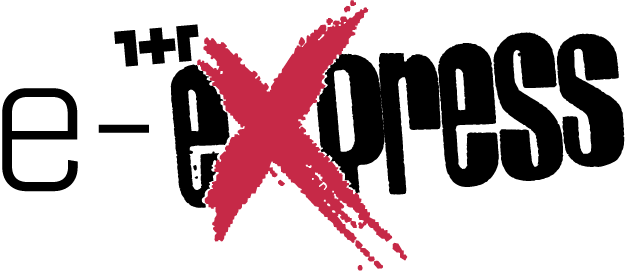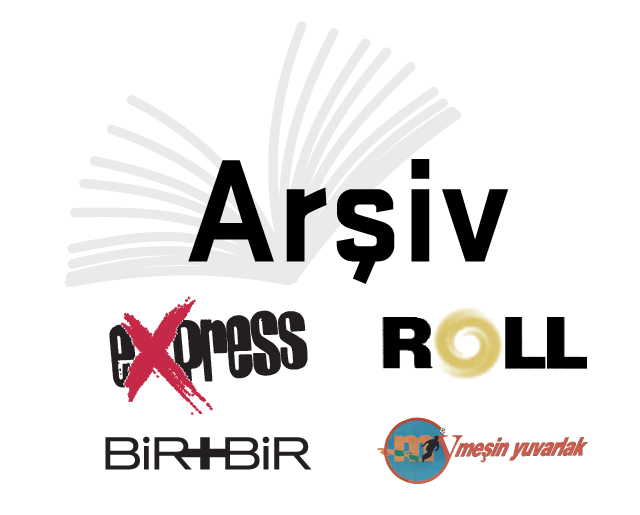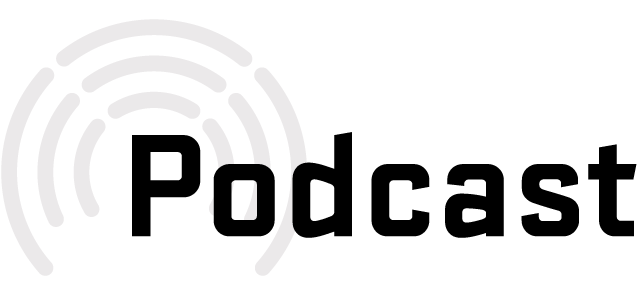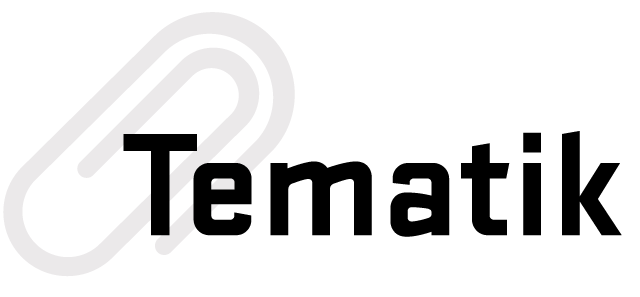The Ovacik Agricultural Development Cooperative in Dersim, in the eastern Anatolia not only provides employment but empowers women as well. And the gains in agricultural development is another outcome for the area. Three female employees of the cooperative tell their story.

How did you get involved with the Ovacik Agricultural Development Cooperative?
Çiğdem Şaylım: I’m from Ovacik. It’s a very small place, everyone knows each other.
Özlem Derman: I also come from Ovacik but I grew up in Adana [in southern Turkey]. We’ve been working for the cooperative since last August. We’re in charge of packaging chickpeas. Next season more women in need will join us and we’ll receive new textile machines.
Özge Tanir: I’m from Samsun [from northern Turkey]. For the past seven years I’ve visited Ovacik regularly. Finally, eleven months ago, settled up here. I was studying in a private university with a scholarship. I graduated as a building technician. I knew it wouldn’t be easy to find a job. I already knew about the cooperative but never thought about working here. Now it’s been ten months. This cooperative is a huge step for women. Socially the region of Dersim may seem ahead of most places, but that’s not truly the case concerning women issues. The first step for women’s emancipation is economical independence. In Ovacik there are very few suitable jobs. The cooperative created eighty new jobs for women. They have alternate work schedules. Women and men started to work side by side in the fields. We have fifteen to twenty workers in packaging or accounting. Considering Ovacik’s population these numbers aren’t insignificant at all. We’ll be creating more jobs in the near future.
We’re producing sacks for beans and chickpeas but we’re also considering making shopping bags in our textile workshop. We’ll be making traditional clothes too. We’re building an important solidarity network among women.
Can you explain the functioning of the alternate schedule for eighty women?
Özge: First we handpick all the products and get rid of some. This requires eight workers per day, two men and six women. We set up groups of eight. Some are in charge of sorting out the products, others of packaging. We have ten people in packaging and accounting. When dairy work will begin we’ll take on more employees. When you labour fifty acres of land you need intensive workforce for small periods. You need people for the reaping, tractors, etc. That will create a lot of jobs.
Who chooses the workers?
Özge: The cooperative tries to prioritize women in need, who have problems with their husbands or who got divorced.
How do you determine those needs?
Özge: As Çiğdem said, it’s a small place and everyone knows each other. People can get in touch with us to ask for help. For instance, there’s a woman working with us for five or six months, who is here with her children. She’s in need. Working here helps her get by on her own. It gives her confidence. She knows that she doesn’t need a husband or A man to survive.

What are the working conditions in terms of pay and social rights?
Özge: We work for the minimum wage. We provide health insurance and food. There aren’t any transport expenses as we all live here. We have overtime pay. The cooperative has very low profit margins. All the money earned is spent on the cooperative and its employees. If there’s still some money left, we use it to create common production areas. This year we did a common sowing in an area called Kizlik and we had support for grains and fuel. We also try to give support to all those who have lost their jobs with a government decree as well as to young students.
Çiğdem: We work from 9 in the morning to 5 in the evening, but not because someone tells us to do so. We prepare our daily planning together and comply with it. Most of the time if we’re two workers we can finish up to 500 sacks. If we have urgent tasks we work a few more hours more. Sometimes we also work on the weekends.
Is the minimum wage enough for you?
Özge: Of course, it’s not enough. But it will change soon. The cooperative is brand new. Most things have just got going.
What sector are you working in?
Özge: Accounting and also shipping. This is not a traditional workplace. We consider it as our own place. Everyone does a bit of everything. We don’t separate jobs. We package salt and we carry packages. First time I arrived we were on the fourth floor. It was very hard to take down all the packages. So, I was going on the street to ask for help and people used to give a hand. In the summer people from other towns even from other countries come here volunteering, especially students.
Özlem: I work mostly in the textile section. I have a real experience with textile machines as I worked for fifteen years in the industry. So, I helped to choose the machines we were buying and to then to installation. I used to sew and sell traditional clothes. We’re producing sacks for beans and chickpeas but we’re also considering making shopping bags in our textile workshop. We’ll be making traditional clothes too. We’re building an important solidarity network among women. The textile workshop has a big importance to create more jobs for women. Why couldn’t we have a a hundred women workers in the near future?
Everyone works with affection and attachment. We know we’re doing something good. We don’t have a boss, a supervisor, a superior. No one yells at us. There’s no pressure. That’s why we work wholeheartedly.
Özge: We were three friends, all unemployed. We had just finished college. We decided to try farming. We planted 40 acres of chick peas and seven or eight acres of beans. But then it rained nonstop for a month and a half. And we realised that we had planted too early. We lost all our chickpeas. Fortunately, the beans saved us from going broke. Next year we’ll try it again. I didn’t know much about agriculture, but I’m learning. You can do it if you really want to. It’s not as easy as it looks. Planting, mowing, haymaking, sieving… It’s exhausting. But it’s fine as long as you get your reward. It feels good working with the soil. When you’re growing chick peas you have to keep a watch on the pigs. For a whole month and a half, we work all day and then stand guard in the fields at night to keep them away. It’s so beautiful at night. We light a fire underneath the full moon. We find real beauty out there.

Are there more and more young people like you going back to their villages to work as farmers these days?
Özge: We had a lot of help from our friends here. The fields we’re labouring don’t belong to us, they are the fields unused by the villagers. This place was mainly used for livestock. So, when the summer comes they leave for the plateau. The villagers gave us their unused fields without expecting anything. And we gave everything we produced to the cooperative. Everyone who works here is doing it with affection and attachment. We know we’re doing something good. We don’t have a boss, a supervisor, a superior. No one yells at us. There’s no pressure. That’s why we work wholeheartedly.
How does your organization operate without a boss?
Özge: The cooperative has an executive board that makes the decisions. It has certain values. Meetings are open to all so everyone can talk and express their ideas, needs and complaints before a decision is made. Our friends who are in the board don’t get paid.
Have the cooperative’s activities had any impact on agriculture in the area?
Çiğdem: Before the cooperative people weren’t very interested in producing anything. Merchants were buying the products very cheap and farmers didn’t earn much. With the cooperative more and more people got into producing. Even chaff was imported. Most things we eat contain GMO’s and other harmful substances. With our production we’re able to distribute healthy food to everyone, even to those who normally can’t afford it. Let me tell you something that happened not long ago. It was the honey season. We have a very precious natural honeycomb. A woman called and asked us to filter it. I said: “We can’t do that.” She started crying and said: “I have cancer, you’re the only ones I can trust.” That’s the degree of confidence people put in us. It’s the same with farmers and producers. A farmer who laboured twenty acres this year considers planting for forty acres next year. Why? Because he knows that he will get what he’s due. He’s not dependent on the system. There’s no intermediary. He doesn’t have to sell her his goods under their value. Here, you can’t do much in the winter so you have to get by with what you’ve earned in the summer. We have a dairy farm. Last year we were tardy and we only managed to produce yellow cheese. But soon we’ll be able to produce milk. As of now we collect milk from the neighbouring villages. We purchase cows and give them to people. Then we buy their milk. Last year we produced one and a half ton of yellow cheese. All of it got sold very quickly. People trust us; we don’t have any market problems. They also support us. It’s very important for them to be able to put healthy food on their tables. People used to see communists as freaks. But that has changed now. We’ve proven that we can achieve alternative ways of production and consumption.
Translated by Alican Tayla





